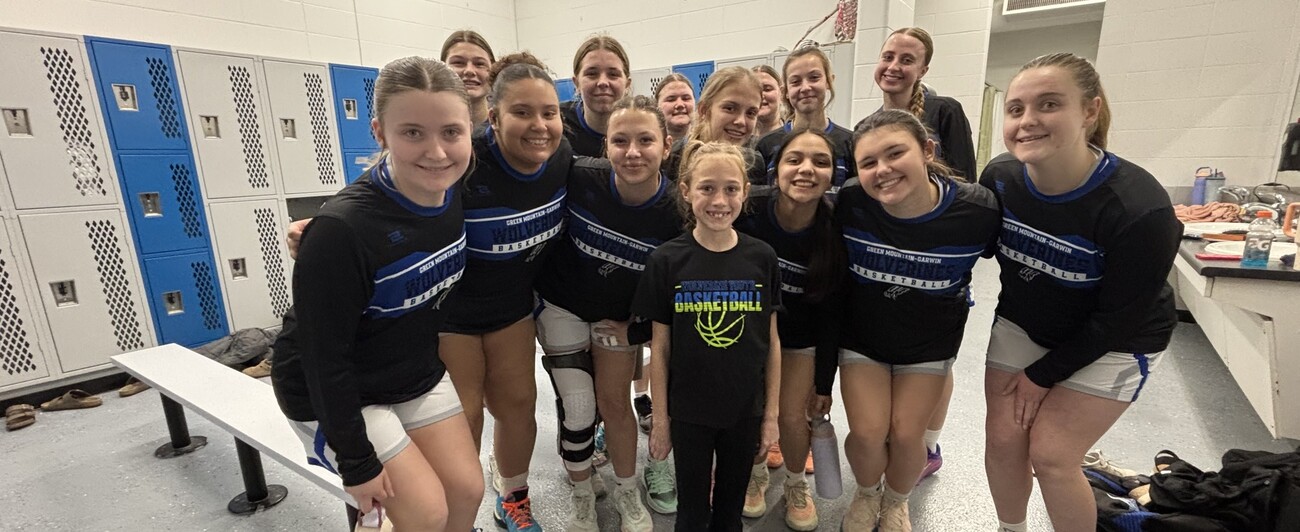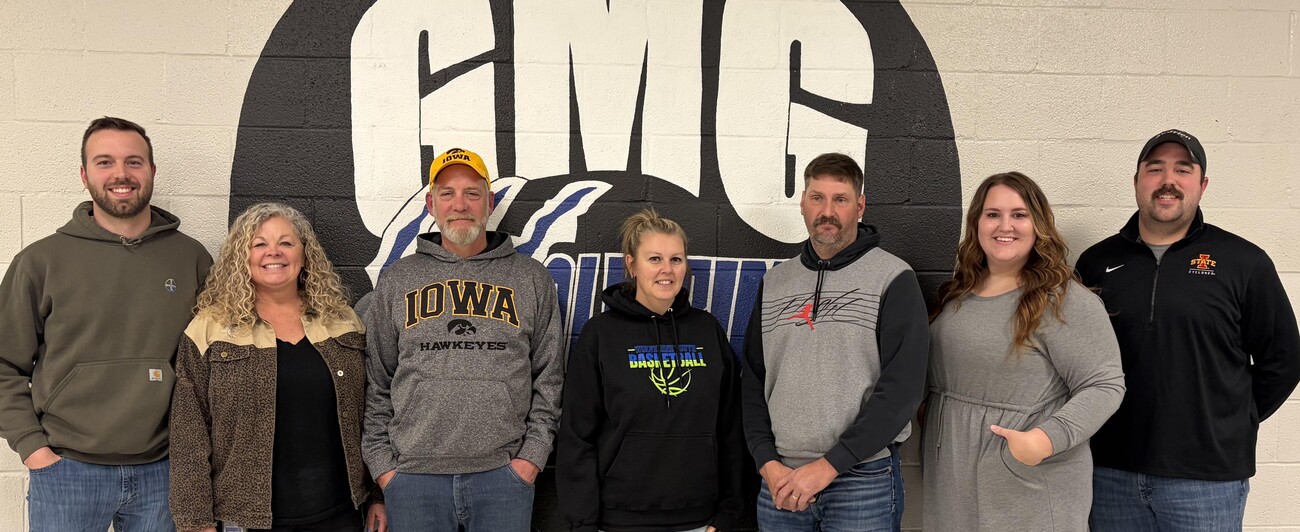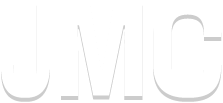GMG Community School District
Current conditions as of 3 Jan 04:53 am CST
Mostly cloudy
|  | 18° |
Today
Mostly cloudy, with a high near 30. Calm wind becoming west northwest around 6 mph.
Tonight
Partly cloudy, with a low around 17. Light and variable wind.
Sunday
Partly sunny, with a high near 32. Light east wind becoming south southeast 9 to 14 mph in the morning. Winds could gust as high as 21 mph.
Weather forecast provided by weather.gov.






